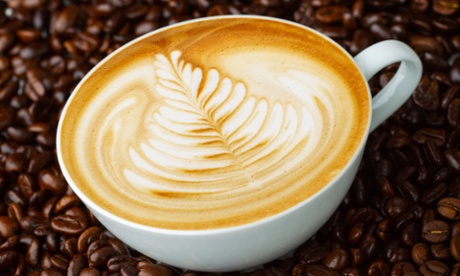
Recently the American website Ecowatch published an intriguing piece contrasting the fortunes of McDonald’s, criticised for not taking sustainability seriously enough and losing business, with Shake Shack, the fast-expanding cult burger chain with a more ethical approach. The reversal of those fortunes, it seems, is down to millennials, the generation born between 1982 and 2000, who are determined to spend their money in a way that does the planet less harm. This was backed up by the business magazine Forbes which declared that the highly developed social conscience of millennials would be a major driver of food sales for years to come. Even Monsanto has appointed a “director of millennial engagement”.
Cheering, isn’t it? Young people seem to give a damn, especially about their lunch. But wait. Another report about the same age group suggests a good number don’t apply the ethics test to all their purchases. According to a Europe-wide study of drug habits, while marijuana use is in decline, it’s still the favoured drug of more than 12% of Britons aged 15-34. And coke is still used by more than 5% of twentysomethings. Anecdotally, those numbers get much higher in moneyed urban areas.
The problem is that unless you’re buying from some hydroponics whizz working from a nearby attic, finding a local supply of grass is tough. And as yet no one has slapped a Fairtrade mark on cocaine. We appear to have a disconnect, albeit an understandable one. Buying ethically produced food, and making a statement about yourself by doing so, is now so easy it requires little or no thought. Thinking about where your narcotics come from, on the other hand, is so difficult it’s simply easier not to do so.
Not that this is news to anybody who has floated around a street food festival recently. Along with the smell of Fairtrade coffee and locally reared pork how often have we sniffed the high tang of grass? In my case, regularly. We are, it seems, living in the age of the wonky moral compass: of middle-class couples who swear by their weekly organic veg box, and yet relax after dinner with a line of something produced by impoverished, subjugated Bolivian peasants.
It’s the age of urban hipsters who Instagram their dinner until it’s begging for mercy, and finish their tweets with the hashtag #eatclean, but for whom a night out would be a failure if it hadn’t involved the contents of a plastic money bag. The novelist Don Winslow, chronicler of the west’s failed war on the Mexican drug cartels, put it best in an interview with Men’s Journal. “Twentysomethings now?” he bellowed. “God forbid they should buy anything but Fairtrade coffee, or locally grown pork... And yet they’ll think nothing of buying marijuana that has blood all over it – Central Americans kidnapped, made into slave labour, raped, murdered... It pisses me off beyond belief.”
Me too, Don. Look, I’m not criticising other peoples’ lifestyle choices. And I’m hardly clean-handed. Until university and a bad mushroom trip, I did all the drugs, though I did try to avoid making false claims about my virtue. (In truth I revelled in my badness.) And of course, the majority of people who support Fairtrade or local are not off their gourd every Friday evening. I know that. But sometimes, when we’re being assailed with hipster rhetoric about healthy, ethical eating, perhaps we should remember that a Fairtrade flat white at £2.50 a cup is also a bloody cheap way by which to make a few false statements about yourself.

